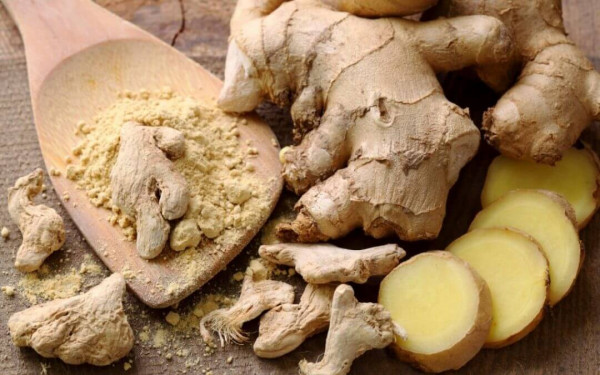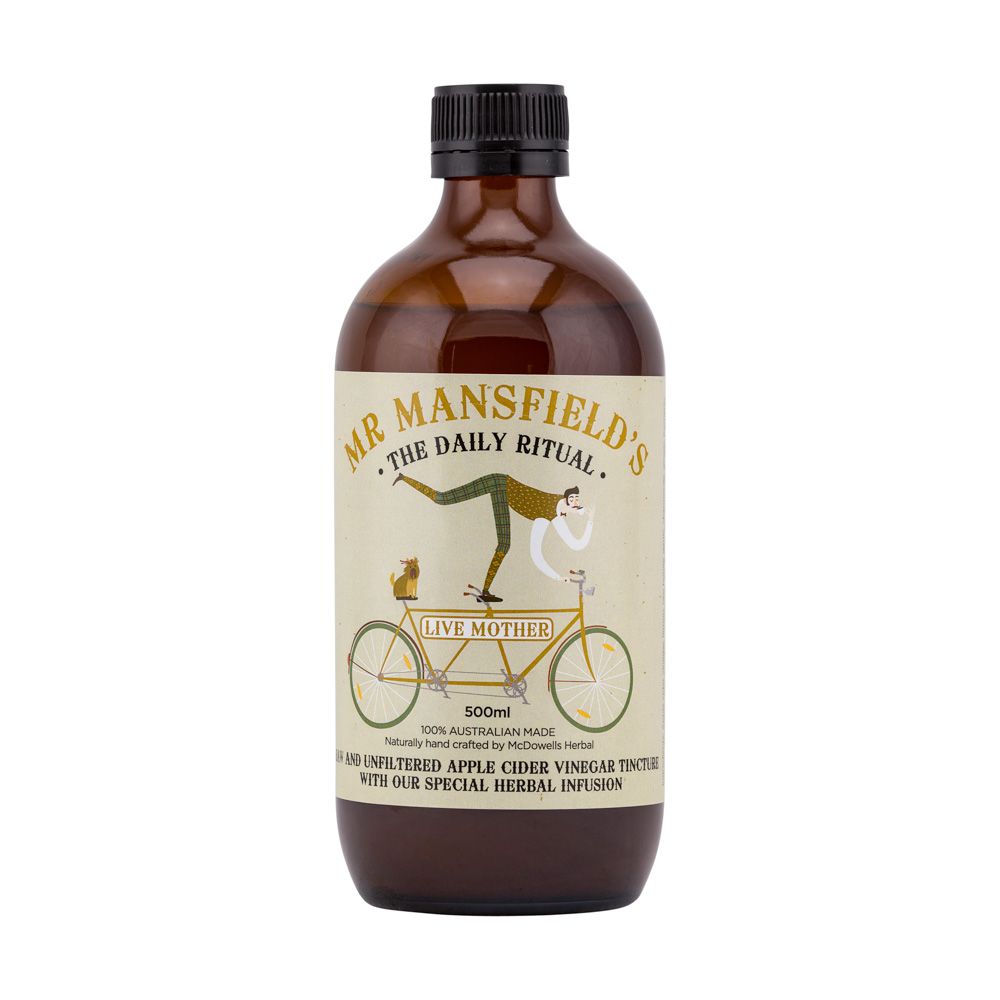Ginger yields an essential oil that is steam distilled from the unpeeled, dried and ground root. The scent is somewhat bitterer than the root but when used in aromatherapy the oil mixes well with sandalwood, cedar wood and patchouli, adding a woody-spicy scent to the mix.
It is high in nutrients and bioactive compounds that have powerful benefits for your body and brain.
Growing Ginger:
Ginger is a tropical plant that thrives in fertile, moist and well-drained soil. When growing naturally, "cone like spikes three inches long at the end of a 6-12 inch stalk; corolla composed of two ¾ inch yellow green segments and one purple lip, spotted and striped with yellow; occur between one inch long, overlapping, green bracts [specialized leaves]." (Rodale's Illustrated Encyclopedia of Herbs). Commercial ginger doesn't flower, and bears no fruit. The ginger plant isn't very large, not growing more than four feet in height. The leaves are grass like and up to a foot long. The ginger plant requires a lot of water and partial shade.
Ginger (Zingiber officinale) Research suggests ginger root inhibits production of prostaglandins and leukotrienes, which are involved in pain and inflammation. In an uncontrolled 1992 Danish study, 56 patients who had either RA, OA or muscular discomfort took powdered ginger. All of those with musculoskeletal pain and three-fourths of those with OA or RA reported varying degrees of pain relief and no side effects, even among those who took the ginger for more than two years.
Ginger for Colds & Flu:
In the wintertime, many people suffer form colds and flu. Chinese medicine refers to this form of sickness as "invading cold" or "invading damp" which means that the system has been assailed by the cold weather. Whether in the form of: influenza, chills, coughs, or bronchitis, this is a condition that lasts far too long for anyone. Herbal help can be found as close to you as your spice rack or local grocery store. Spices are thought of as warm to hot, and ginger is strong enough to repel the assailant as it's an antioxidant.
Ginger Relieves Motion/Morning Sickness:
Whether a person is carsick, airsick, and seasick or has morning sickness, ginger is one of the most effective herbal remedies to get rid of that queasy feeling.
Ginger Tea
Ideally, this should be made with a fresh root. Grate a small piece of ginger (about the size of a coin) into a mug. Add the juice of a ½ lemon. Fill the mug with boiling water. Stir in a teaspoon of organic honey.
Ginger Bath
Bathing in fragrant ginger is a luxury as well as a recipe for getting better. Powdered ginger is the recommended form and it should be added slowly. Start with the addition of 1 tablespoon's worth of ginger. If that isn't enough, add another. Don't add too much. You will feel your heart rate increase and you'll begin to detoxify your symptoms soon after bathing in ginger. Drinking plenty of water is recommended.
Mr Mansfield The Daily Ritual
Raw and unfiltered apple cider vinegar tincture with our special blend of herbal infusions, including whole lemon, raw honey, fresh garlic, turmeric, ginger, chamomile, yarrow, dandelion, marshmallow and echinacea.
Benefits from taking an apple cider vinegar herbal infusion include; immunity boost, liver detox, bacteria and yeast control, exercise recovery, reducing muscle cramps, prebiotic (feeding the good gut microflora), reduces blood sugar, soothes sore throats.



